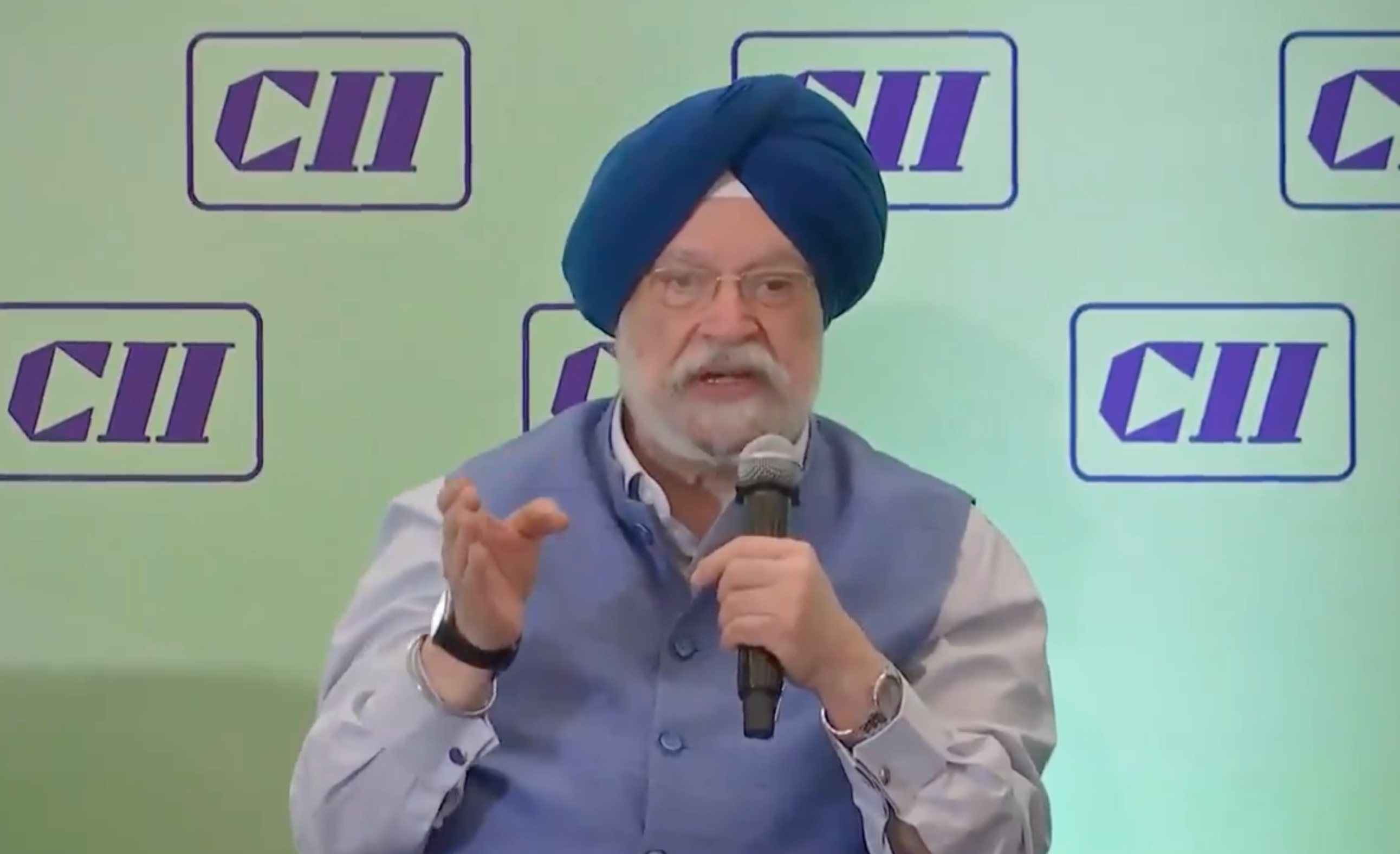Union Minister Hardeep Singh Puri expressed profound disbelief regarding the allowance of threats to Indian representatives under the pretext of freedom of expression. Speaking at an event in the national capital on Tuesday, Puri reflected on the historical context of such threats, specifically recalling the 1984 assassination of Indian diplomat Ravindra Mhatre in the UK.
Puri emphasized that the safety of diplomatic representatives should be a paramount concern for all nations. He voiced his pride in the recent statement issued by the Ministry of External Affairs (MEA), highlighting India’s commitment to protecting its diplomats. “Any representative should be a matter of concern for all governments. I remember the Mhatre case—I was serving in that country in its aftermath. I’ve also witnessed other threats to people representing India, and I have personally been on the receiving end,” Puri said. He criticized the sharing of a photograph on social media depicting a head of mission with imagery of gunfire, describing it as “symbolic” and a serious provocation.
Puri warned that Canada would come to realize the weight of India’s position once it begins to adjust its responses. “Our responses to such actions have been exemplary. They will realize it when we start adjusting our response,” he added, reiterating his respect for the MEA’s recent statements.
Michael Rubin, a senior fellow at the American Enterprise Institute and director of policy analysis at the Middle East Forum, remarked that the Canadian crisis seems to arise whenever Prime Minister Justin Trudeau faces political challenges, comparing the situation to the conspiracy theories surrounding the assassination of President John F. Kennedy.
In an interview, Rubin said, “India has got to stand up for itself. The problem with Canada’s accusations today is the same as they were more than a year ago. They’re alighting a lot of the evidence. It seems to be that the Canadian crisis arises whenever Justin Trudeau gets into political trouble. He’s now polling ten percent behind the opposition leader.”
Rubin further elaborated, “When you look at the evidence that the Canadians are citing, there’s not a lot there. For me as an American, when I read the Canadian evidence and their accusations, we are in JFK conspiracy territory. For example, the Canadians argue that the Indians were leveraging organized crime in Canada to do their own dirty work. The complaint of the Indians all along is, why are you blaming us? You have this snowballing organized crime problem, which we’ve been warning you about.”
Tensions between India and Canada have intensified since Canadian Prime Minister Justin Trudeau claimed in a parliamentary address last year that he had “credible allegations” of India’s involvement in the assassination of Khalistani terrorist Hardeep Singh Nijjar, who was shot dead in Surrey in June.
Earlier today, high-level sources from India dismissed Trudeau’s assertions regarding the presentation of “credible evidence” related to Nijjar’s killing. These sources characterized Canada’s approach as relying on “vague accusations,” effectively placing the burden of denial on India.
This diplomatic spat escalated further on Monday, when India expelled six Canadian diplomats shortly after summoning Canada’s Charge d’Affaires, Stewart Wheeler. During this meeting, India condemned the “baseless targeting” of the Indian High Commissioner and other diplomats in Canada as wholly unacceptable.
This development followed Canada’s earlier expulsion of six Indian diplomats, based on reports that they were allegedly involved in an Indian government “campaign of violence,” according to a source cited by Reuters.
The MEA also strongly rejected a diplomatic note from Canada that suggested Indian diplomats were “persons of interest” in an investigation, labeling it a “preposterous imputation” that aligned with Prime Minister Trudeau’s political agenda. India firmly stated that Trudeau’s longstanding hostility towards the country has been evident, accusing his government of providing a safe haven for violent extremists and terrorists who harass, threaten, and intimidate Indian diplomats and community leaders in Canada.
(Inputs from ANI)














